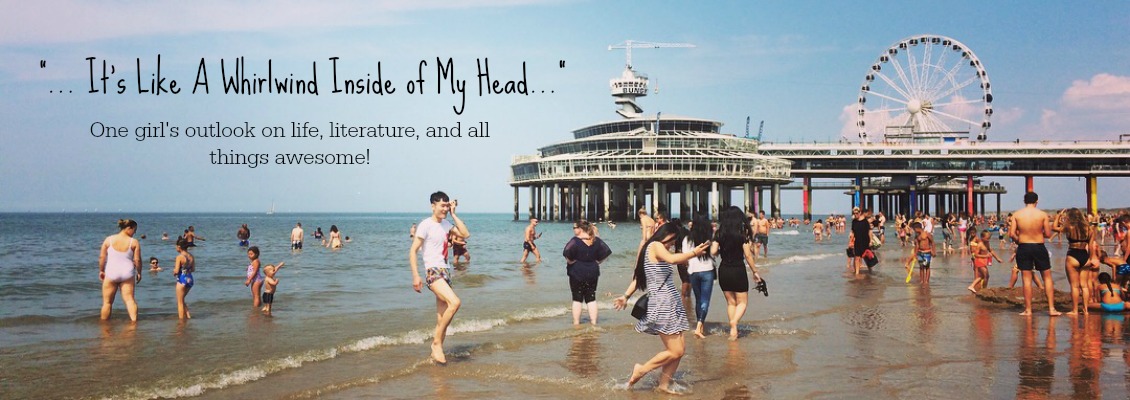"Acclaimed as a quiet triumph and a brutally moving work of art, the first volume of Art Spiegelman's Maus introduced readers to Vladek Spiegelman, a Jewish survivor of Hitler's Europe, and his son, a cartoonist trying to come to terms with his father, his father's terrifying story, and History itself. Its form, the cartoon (the Nazis are cats, the Jews mice), succeeds perfectly in shocking us out of any lingering sense of familiarity with the events described, approaching, as it does, the unspeakable through the diminutive.
The second volume, subtitled And Here My Troubles Began, moves us from the barracks of Auschwitz to the bungalows of the Catskills. Genuinely tragic and comic by turns, it attains a complexity of theme and precision of thought new to comics and rare in any medium. Maus ties together two powerful stories: Vladek's harrowing tale of survival against all odds, delineating the paradox of daily life in the death camps, and the author's account of his tortured relationship with his aging father. At every level this is the ultimate survivor's tale-- and that too of the children who somehow survive even the survivors."
In this next installment, things become much darker for Vladek. The story picks up where it left off in 'My Father Bleeds History' and Vladek and his family are being shipped off to concentration camps. Vladek is moved to one of the most well-known concentration camps, Auschwitz.
It is not hard to feel the desperation-- a different kind of desperation than before Vladek and his family were captured-- of living in this type of environment (though, as I'm fairly certain I said before, those of us who were not in the concentration camp system will never truly know what it's like). Nearly everyone is hungry, no one is clean, and gradually, everyone becomes sick, which means many will die because of the lack of resources.
It's scary to have pictures, cartoons or otherwise, of everything that happens in Auschwitz. There are a number of pictures of the large chimneys that are connected to the ovens where no one hopes to go. They are ominous and send shivers up my spine.
While Auschwitz is a major part of this installment, it's not what makes up this entire part. We are also exposed to the familial strains between Art and his father and Vladek gets older and more curmudgeonly. It's uncomfortable to read, because it's like picking sides between two people you like. Sometimes Art is being unruly and you feel that Vladek it being wronged, but other times Vladek is just being irritating and you're leaning towards Art in the situation. The reader is pulled in so many different directions that it's very confusing.
The second installment of 'Maus' is just as good, if not better than, the first installment. I would recommend this book for sure if you've read Part I, but otherwise if you are interested in learning more about the Holocaust in what feels like a situation you are actually witnessing. Art Spiegelman is a talented cartoonist that knows how to tell a real-life story in an effective way.
I give 'Maus: And Here My Troubles Begin':
Thanks for Reading!
--Jude



I have read Maus I but not II. I adored the first book and your review is making me want to read the second.
ReplyDelete